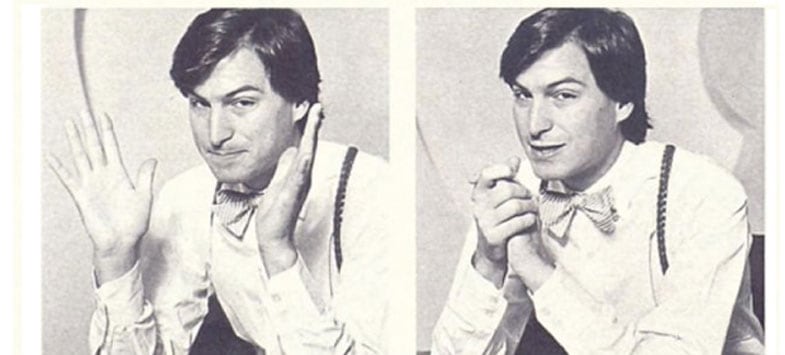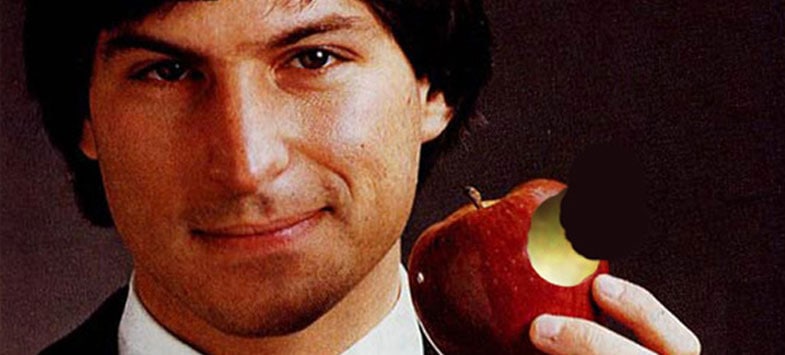Gambling has always fascinated people. Some gamblers have gone on to become authors, giving us insights into their personal experiences down in the trenches, but also what it’s like to reach the peaks of gambling. Some may find it surprising, but gambling literature has been one of the highest-selling in the past two decades.
We thought it would be interesting to list a few popular quotes from famous gambling authors who give us a glimpse into the dynamic world of a gambler. These quotes highlight the highs and lows of the gambler’s mentality and gaming strategy and dive into the psychology of gambling, risk-taking, and the emotional journey of gamblers. And if you want to expand your knowledge on this subject, consider the extensive resources available at Casinos-En-Ligne.
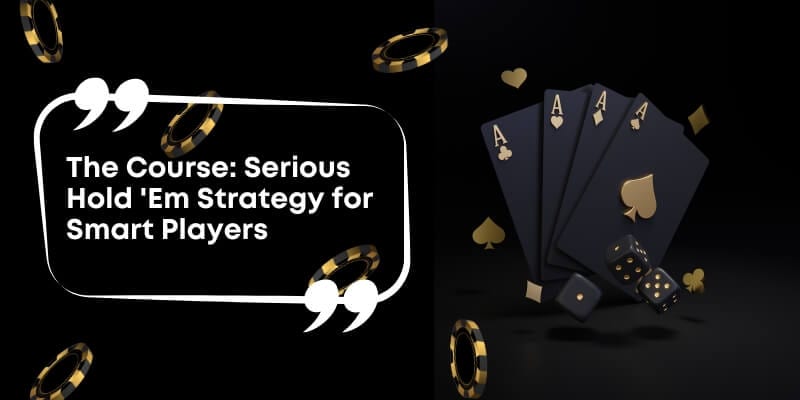
The Course: Serious Hold 'Em Strategy for Smart Players
We will kick things off with an ex-professional poker player named Ed Miller. After his long haul as a poker player, Miller decided that writing about the game could benefit future players and himself.
In his 2015 “The Course: Serious Hold 'Em Strategy For Smart Players,” we take out a segment where he insists that you should set yourself apart from other players.
“There's a saying in the golf world that you don't worry about the other players. You just play the course. This is a powerful idea and applies just as well in poker. Poker is full of distractions. And most players get hung up worrying about the wrong things. The things they can't control. The things that ultimately don't matter.”
While you should pay attention to the players on your table, Miller insists that numerous distractions in every hand can throw you off balance. The bottom line is to focus on things you can control, and the rest comes down to luck. Additionally, it's good to rely on a reputable online casino and review site to improve your casino skills before playing professionally for real money.
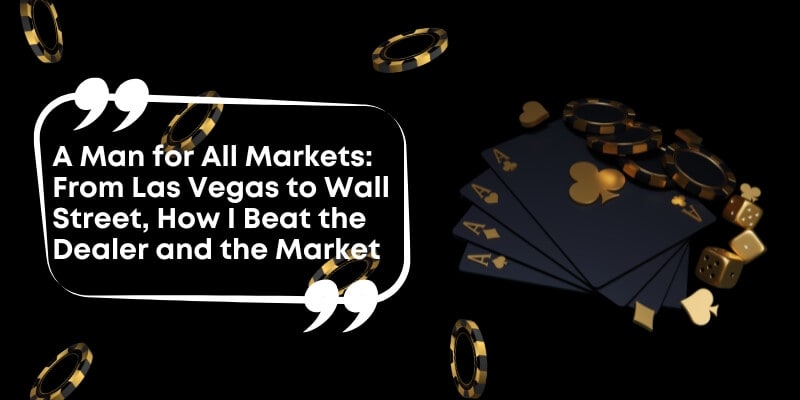
A Man for All Markets: From Las Vegas to Wall Street, How I Beat the Dealer and the Market
Edward O. Thorp, a mathematics professor, spent a lot of time dabbling in the famous game of blackjack, researching the probabilities of winnings and developing theories and card counting schemes.
In his 2017 autobiography “A Man for All Markets: From Las Vegas to Wall Street, How I Beat the Dealer and the Market,” he details his experiences from his time in Las Vegas developing card counting schemes to his shift going Wall Street where he developed quantitative finance methods. One excerpt says:
“I wondered how my research into the mathematical theory of a game might change my life. In the abstract, life is a mixture of chance and choice. Chance can be thought of as the cards you are dealt in life. The choice is how you play them.”
In this quote, chance can be seen as the luck you get when you are dealt the hands in a game like blackjack or poker. And choice is the skill you have to create a favorable outcome.
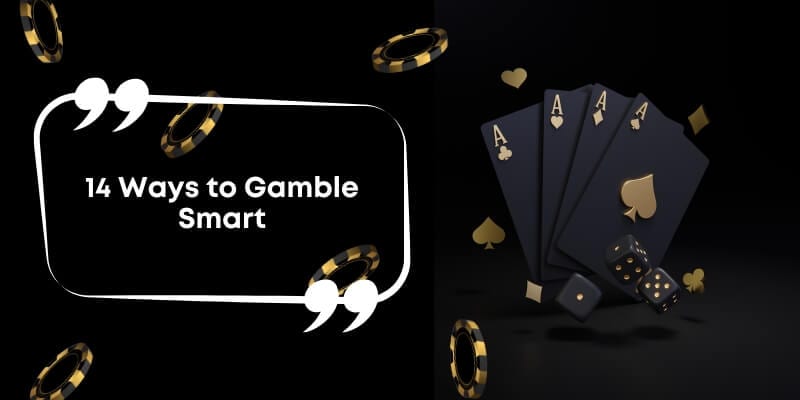
14 Ways to Gamble Smart
Compared to the other entries in this article, Michael Bluejay is the only one who hasn’t released or published a book on gambling. But, being an ex-professional blackjack player and spending decades in Las Vegas, Bluejay has gathered invaluable information about the gambling world.
While the title of one of his articles is “14 Ways to Gamble Smart,” he is known for not promoting gambling or pushing his audience to gamble. He starts his article by saying:
"If I ever feel like gambling, I just drive by the casino and throw some money at it."
With this, he alludes that even professionals have unfavorable odds when playing against the house and that luck can play a huge part in winning. This is similar to an old Italian saying. “The best throw of the dice is to throw them away,” it says.
Gambling can lead to a pretty dark place, hard times, and an endless rabbit hole of bad decisions. This is why, besides his gambling advice, Bluejay has also dedicated numerous articles on having a great time in Vegas without visiting any of the casinos.

The Biggest Bluff
The author of “The Biggest Bluff,” Maria Konnikova, is an ex-professional poker player who describes her journey as a beginner poker player to the point where she becomes a poker champion.
Similar to Thorpe, Konnikova also dives into the balance of luck and skill required to play poker on a professional level. But her approach is more psychological, reflecting on and comparing decision-making in a poker game and real life.
“You’re not lucky because more good things are actually happening; you’re lucky because you’re alert to them when they do.”
She explains that the decision-making, choices, and casino skills players possess are far more important and crucial compared to focusing and relying on the luck that comes their way.
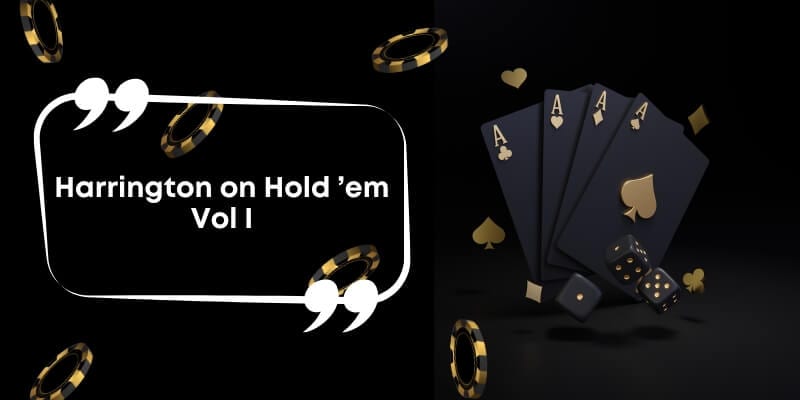
Harrington on Hold ’em Vol I
Dan Harrington is a professional American poker player, mostly known for his win at the main event at the 1995 World Series of Poker and several strategy books he wrote about poker. While most of Harrington's books are about strategy, he also touches on the human nature of players and how you can gain an advantage.
In “Hold’em Vol I,” he discusses different aspects of the No-limit Hold’em game, including:
- Playing styles
- Starting requirements
- Reading the table
- Hand Analysis
- Betting before and after the flop
Apart from strategy and analysis, Harrington also sheds light on taking advantage of your opponents.
“All serious poker players obviously try to minimize their tells. There are a couple of ways to go about this. One is the robotic approach: where your face becomes a mask and your voice a monotone, at least while the hand is being played. The other is the manic method, where you affect a whole bunch of tics, twitches, and expressions and mix them up with a river of insane babble. The idea is to overwhelm your opponents with clues, so they can't sort out what's going on. This approach can be effective, but it's hard to pull off for normal people. (If you've spent part of your life in an institution, this method may come naturally.)”
Reading your opponent can be a major advantage when you are playing poker. But as Harrington mentions, you can take a couple of approaches to throw off your opponent when they try to read you.

Million Dollar Video Poker
Bob Dancer was an average video poker player who made it big by playing beatable machines. In his 2003 book “Million Dollar Video Poker,” he provides countless stories of his 6-year stint in Vegas and how he became a millionaire by playing video poker
While he recalls big wins and losses and provides insight into how he played and his strategies, he also touches on the importance of discipline and self-control while gambling.
” On those rare nights when you win win win, can you keep your perspective and not go out and blow it? On those not-so-rare nights when you lose lose lose, can you deal with the actual loss of your bankroll, plus that ugly sickening feeling too? When it takes three years to build a bankroll, and you lose half of it in a week, can you still function?”
As he notes, there will be lucky nights and not-so-lucky nights, but it is important to stick to your budget, not chase down your losses, and know to quit while you are ahead.
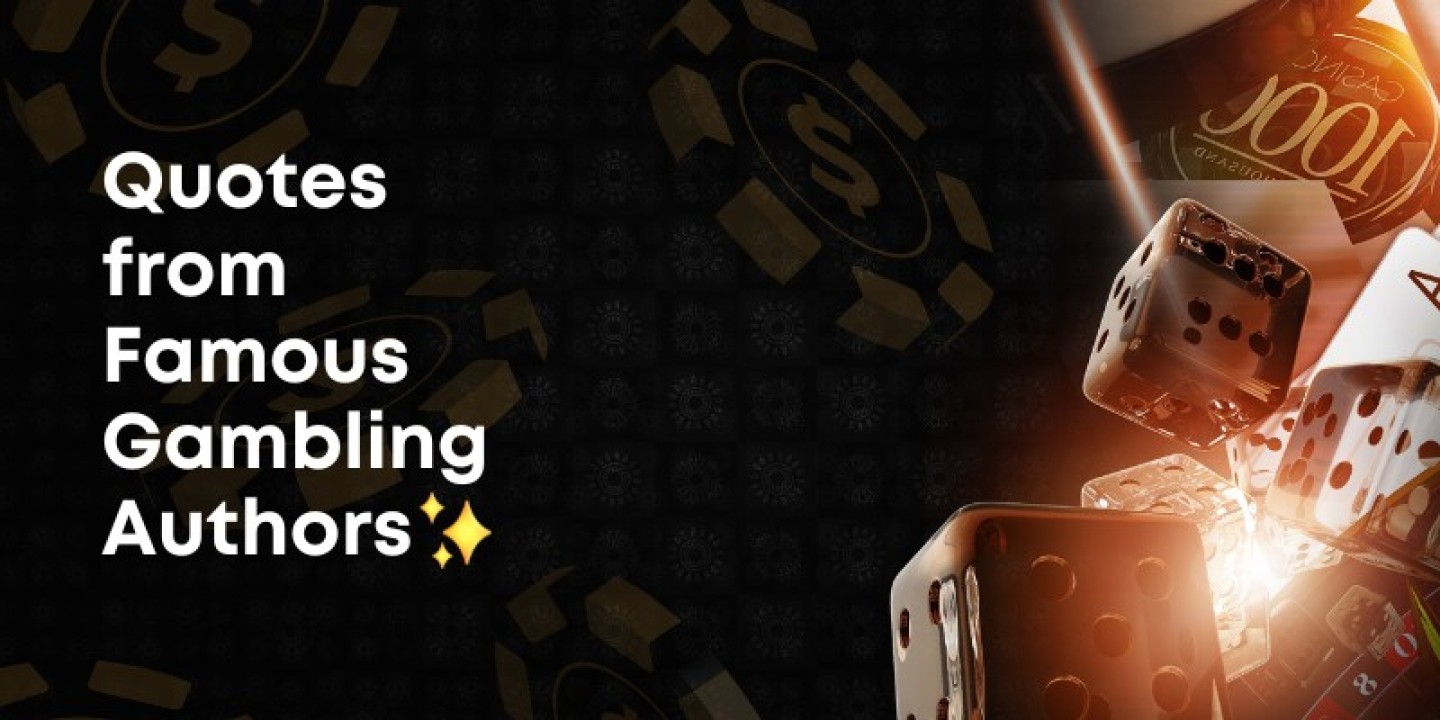



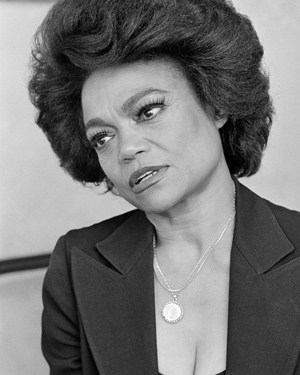

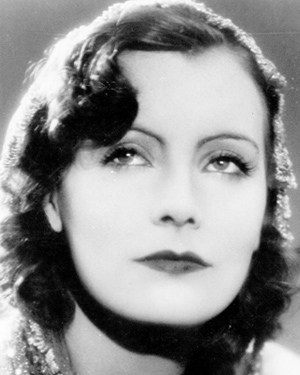






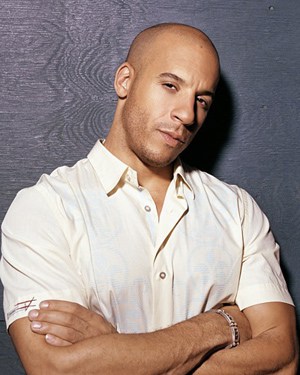
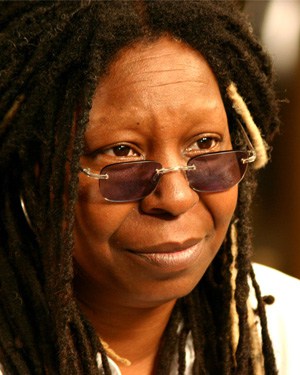

















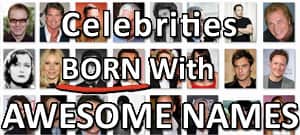 10 Most Profitable Companies Of 2012
10 Most Profitable Companies Of 2012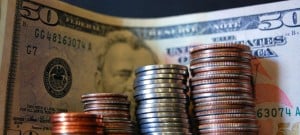 Spare A Billion Dollars? Top 10 Enormous Internet Acquisitions
Spare A Billion Dollars? Top 10 Enormous Internet Acquisitions Work Shoes For Women - High Heel Shoes Or Cute Flats
Work Shoes For Women - High Heel Shoes Or Cute Flats


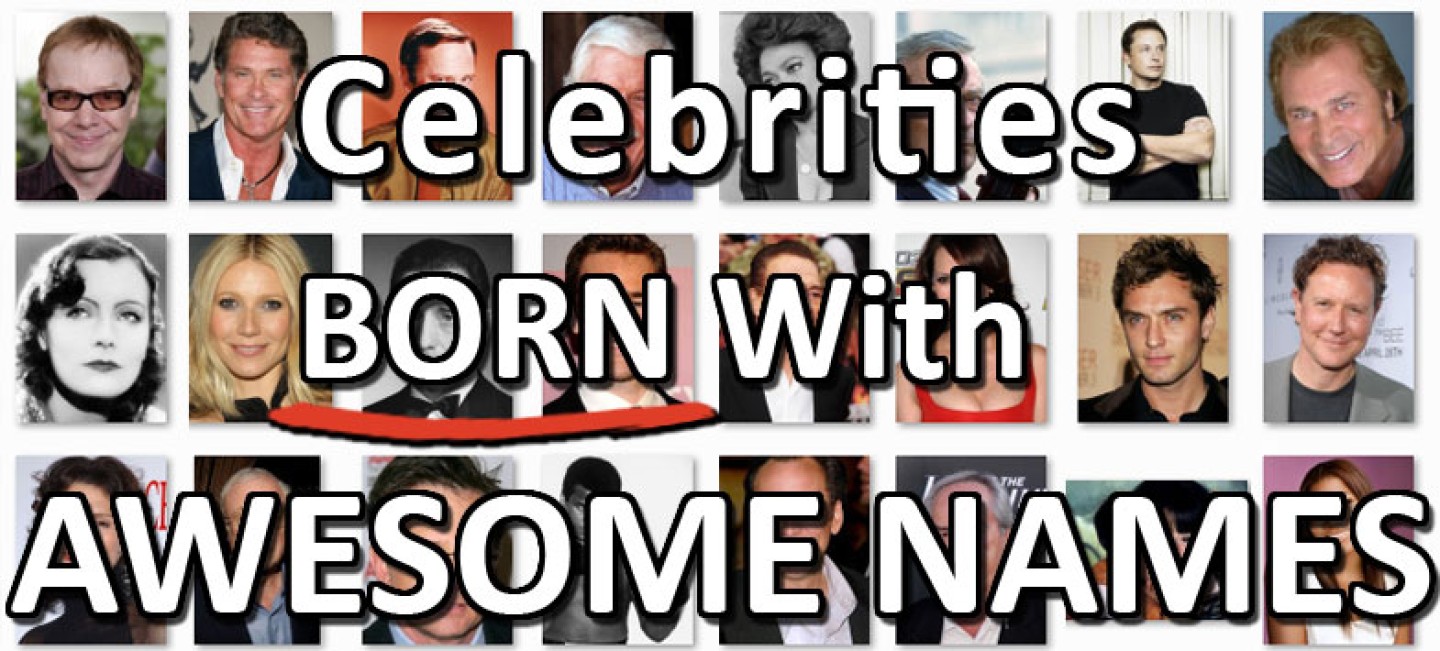




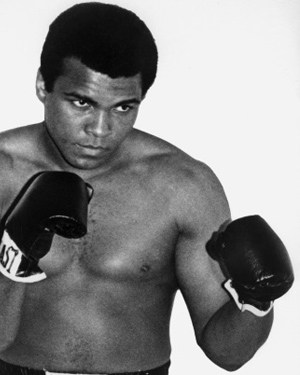


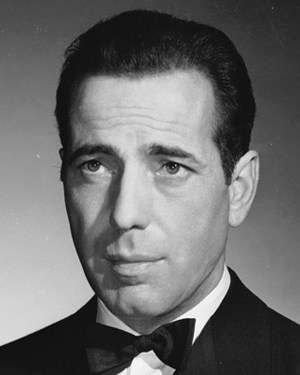























 10 Most Profitable Companies Of 2012
10 Most Profitable Companies Of 2012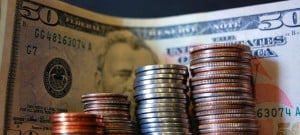 Spare A Billion Dollars? Top 10 Enormous Internet Acquisitions
Spare A Billion Dollars? Top 10 Enormous Internet Acquisitions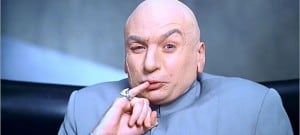 Work Shoes For Women - High Heel Shoes Or Cute Flats
Work Shoes For Women - High Heel Shoes Or Cute Flats

 Amazing Business Card Design Ideas That Clients Wont Throw Away
Amazing Business Card Design Ideas That Clients Wont Throw Away How Copywriting Killer SEO Page Titles Destroy The Competition
How Copywriting Killer SEO Page Titles Destroy The Competition 26 Reasons Why Customer Product Reviews Increase Sales
26 Reasons Why Customer Product Reviews Increase Sales Technorati Puts A Gun To Bloggers' Heads
Technorati Puts A Gun To Bloggers' Heads



 10 Best Ways To Save Money In The Office
10 Best Ways To Save Money In The Office Affiliate Marketing Basics. Earn Hefty Commissions The Easy Way
Affiliate Marketing Basics. Earn Hefty Commissions The Easy Way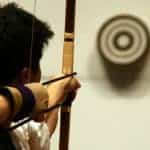 Why Market Research Is Vital For SEO
Why Market Research Is Vital For SEO Amazing Business Card Design Ideas That Clients Wont Throw Away
Amazing Business Card Design Ideas That Clients Wont Throw Away

